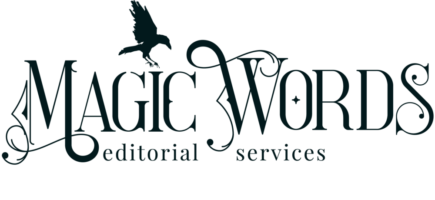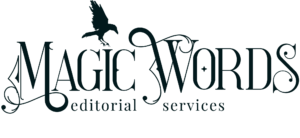
Where Can I Find an Editor? Three of the Best Ways to Find “The One”
By this point, you, magic writer, are probably feeling pretty confident about this whole editing thing. You know what an editor does, you have a pretty good idea what level of editing your book needs, and you’re armed and ready to winnow down the list of potentials to The One. Er, there’s just one more question, isn’t there? WHERE can I find an editor?
Should you contact your eleventh-grade English teacher? You know, the one who bled red ink all over your papers? Should you hang out at the library, hoping to spot one in the wild? Should you ask one of your smart writer friends to give your manuscript the once-over?
You could, I suppose. But, then again, you could put all your life savings into the next crypto craze. (I don’t recommend doing either!) Instead, here are three places to look for the most qualified, competent, and professional editor for your book.
Where Can I Find an Editor? Online
As with anything you search for on the Internet, you’ll have to tread carefully. Yes, there are editing scams and scammy editors hanging out online, and you’ll have to keep your wits about you to avoid falling into traps and dungeons meant to part the unwary writer from their money. (See the special note below about Upwork and Fiverr.)
There are safe places to find editors online. Here are some of the best.
Editing association directories
The Editorial Freelancers Association is a professional organization for editors. Joining the EFA requires an individual to abide by a code of conduct, which means such a person is probably not going to be a scammer in favor of maintaining a professional reputation. The EFA hosts an online directory of editors that you can search by genre, editing level, location, and many other criteria. This would be a great place to start your search, but keep in mind some genres include pages and pages of names that you’ll have to wade through, and you’ll still need to do your due diligence for each person who looks like a fit for your needs.
Other editing association directories include ACES: The Society for Editing, the National Association of Independent Writers and Editors, the CIEP’s directory (UK), and the Editors Canada list.
Beware: Steer clear of rando “directories” that don’t appear to be associated with any organization or professional group. Sometimes these lists are created and maintained by unqualified individuals who charge editors a fee to be listed as a quick way to make a buck. There’s no vetting or criteria to be listed, so their main goal is to just sign up as many names as possible, not serve as a resource for authors to find qualified editing services.
Sometimes a simple Google search will pop up an individual freelancer who specializes in your genre (try using phrases with some version of “freelance book editor” + “fantasy” or whatever your genre is). This can be hit or miss, so tread carefully. Evaluate the editor’s website and qualifications thoroughly.
Most of the time, though, a Google search will start with pages and pages of editing services companies, like Reedsy, First Editing, BookBaby, Scribendi, Elite Editing, etc., rather than individuals. This is fine if you’re okay trusting your book to a random editor assigned to you by the company. Usually, the editing service company has some kind of vetting in place for the editors it uses.
However, what you might save in cash by going through a company you might lose in personal attention and availability if you want to work with a particular editor again. Keep in mind that an editing services company takes a cut of whatever you’re paying, no matter how miniscule, so usually the editor working on your book isn’t being paid a living wage for their work.
Social media
Yes, you can find qualified professional editors via social media; in fact, it might be easier to find the right editor for your book on Instagram or Facebook than via either directories or Google.
Join writing groups on the platforms you frequent, and pay attention to the days those groups allow promotions. Sometimes editors will post special sales or their information, especially if they’re just getting started and trying to get their first clients.
The familiar advice to do your due diligence applies. Social media can be a gold mine for finding editors, but it’s also probably the most common place scammers hide out, waiting for unsuspecting authors to jump at a significantly low rate.
Remember: if a price for editing sounds too good to be true, it probably is.
Make sure the editor in question has the best qualifications for your needs. Make sure they have some kind of experience. Make sure they have work to show, or a website. Make sure they have a social media presence (such as a business page on Facebook, or a business-related Instagram or Twitter account, or a LinkedIn profile) and that you like what they post and how they portray themselves.
Here are a few Facebook groups that exist solely to help authors find qualified editors:
EAE Ad Space
AABE – Help Wanted
Authors Resource (a good place to find formatters and book cover designers too)
Services for Book Authors (careful with this one as it’s a haven for inexperienced but low-cost editors who may or may not be scammers)
And here are a few hashtags to use when searching for editors on Instagram or Twitter:
#amediting
#editor
#editorsofinstagram or #editorsofig
#freelanceeditors
#bookeditor
#writingtips
#writingcommunity
A cautionary note about Upwork and Fiverr: Can you find good editors on these bidding sites? Hmmmm. Maybe. Probably not, and here’s why. Upwork and Fiverr tend to foster a culture that rewards the lowest bids. Many editors get their start on these platforms, but if they’re good at their job, they tend to migrate away from the platform quickly since they can’t sustain the low wages they’re paid. So, if your budget just won’t allow for an experienced editor’s work, it’s probably fine to start here. Just be aware that you’re more than likely going to end up with a complete newbie or someone not quite as qualified as your book deserves.
Where Can I Find an Editor? Word of Mouth
How did you find your doctor? Your plumber? The only honest car mechanic in town? You probably asked your friends and family for recommendations. While they might be of no help finding an editor, good old word of mouth is still one of the best ways to get leads, provided you ask the right people.
Do you belong to a writing group in real life? Do you know any self-published authors? Ask them who they’ve used for editing (if they offer the name of their English teacher or a friend who is good with grammar and spelling, remember that you’re looking for professionals only). Ask the salespeople or owners of your local indie bookstores—they might have editors within their networks.
Another method: look in the acknowledgments section of your favorite self-published books. A lot of indie authors will list their editors here. Put on your sleuthing hat, Google the names you find in this section, and just see what pops up.
If you have a book cover designer lined up, ask them if they know anyone. Designers and editors like to hang together and pass each other work.
Where Can I Find an Editor? Media and Conferences
Sometimes, editors pay the big bucks to advertise in print and/or online media. Writer’s Digest and Jane Friedman’s Electric Speed newsletter both host advertisements, and editors can purchase ad space at varying price points.
Remember: do your due diligence, even for editors who have the funds to advertise. Just because they’ve invested that (usually large) sum doesn’t mean they have multiple years of experience or a long client list.
Occasionally, editors will attend writing conferences, like Worldcon or StokerCon, or even fandom conferences, like Comic-Con, either to network or participate on writing-related panels. Keep your eyes and ears open, and if you happen to meet an editor there, definitely make friends and ask about their work, rates, editing genres, and all those other good-to-knows. Virtual conferences like the Women in Publishing Summit, held once per year, usually in the spring, sometimes host breakout sessions to allow attendees to network with many different people. Usually there will be an editor or two in the bunch, and if you don’t get to meet them on Zoom, sometimes the conference will provide an attendee list. Scan the list and start emailing!
So, even though it may seem like editors are hard to find, keep in mind that they’re trying to find you just as much as you’re trying to find them. Keep your wits about you, apply the four tests I mentioned in an earlier post, and The One will appear!
And, if you’re looking for an editor who specializes in fantasy, sci-fi, horror, and other speculative fiction, check out my services and learn more about my training and qualifications.
Other posts in this series:
What Does an Editor Do, Exactly? The Real Job of an Editor
The Different Levels Of Editing And How To Decide What Your Book Needs
Thinking of Hiring an Editor? Four Ways to Find “The One”




